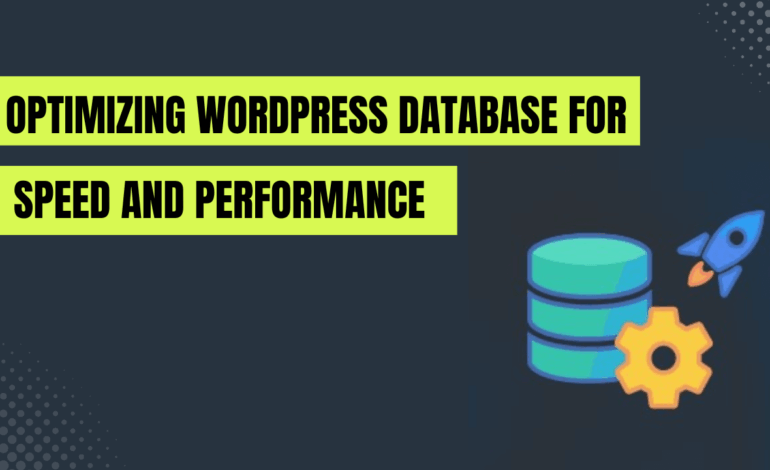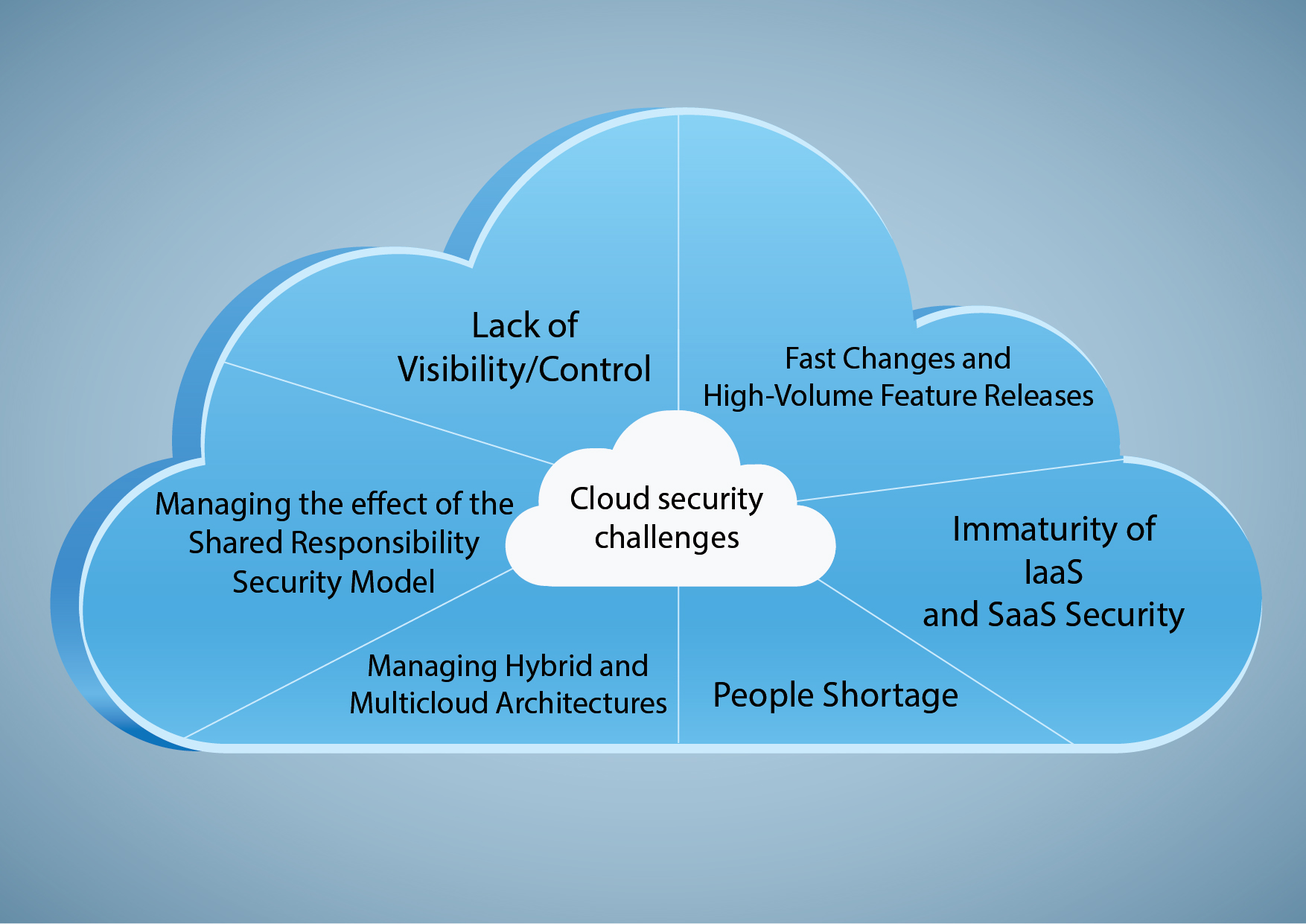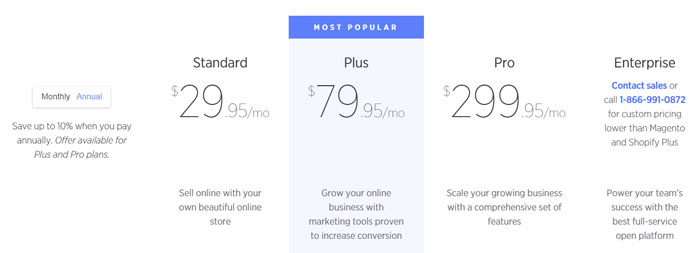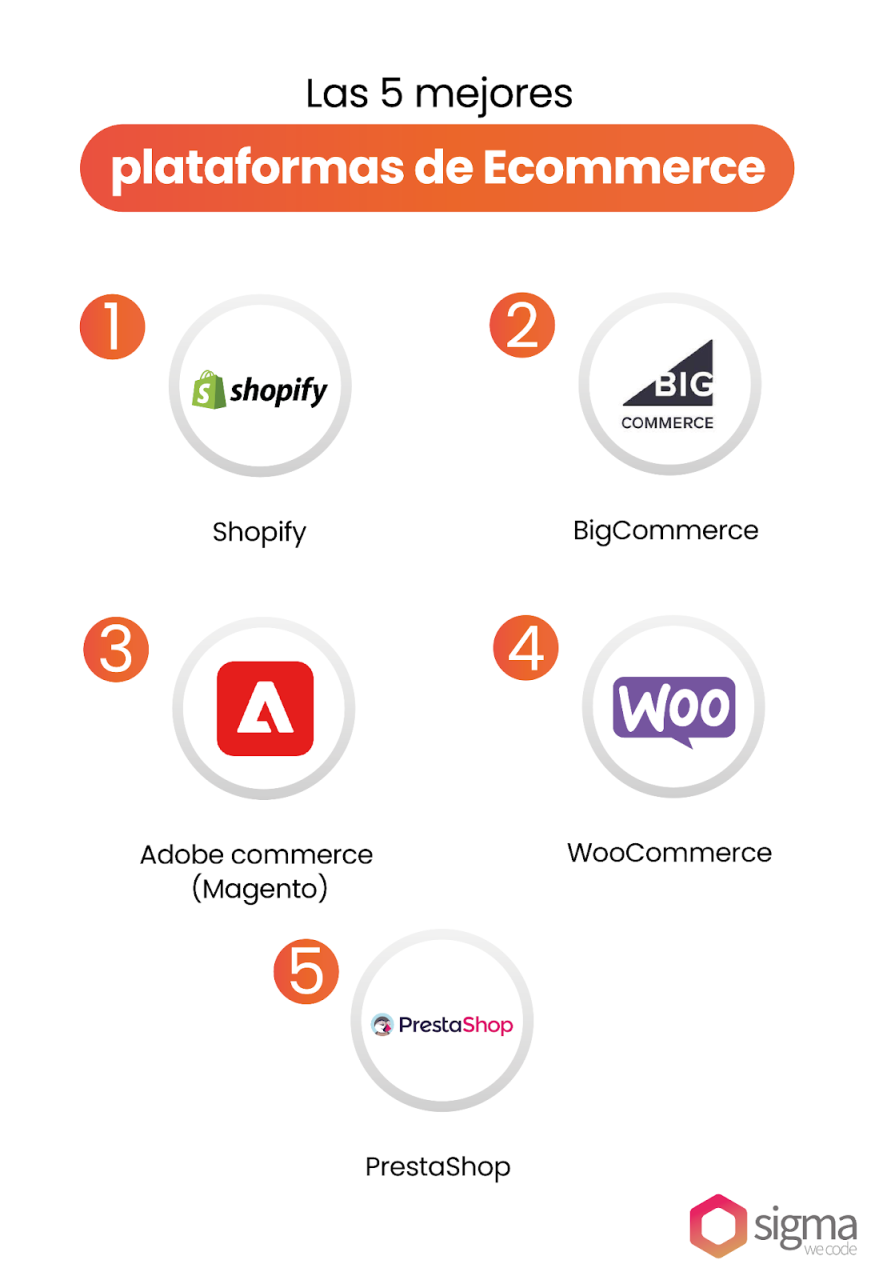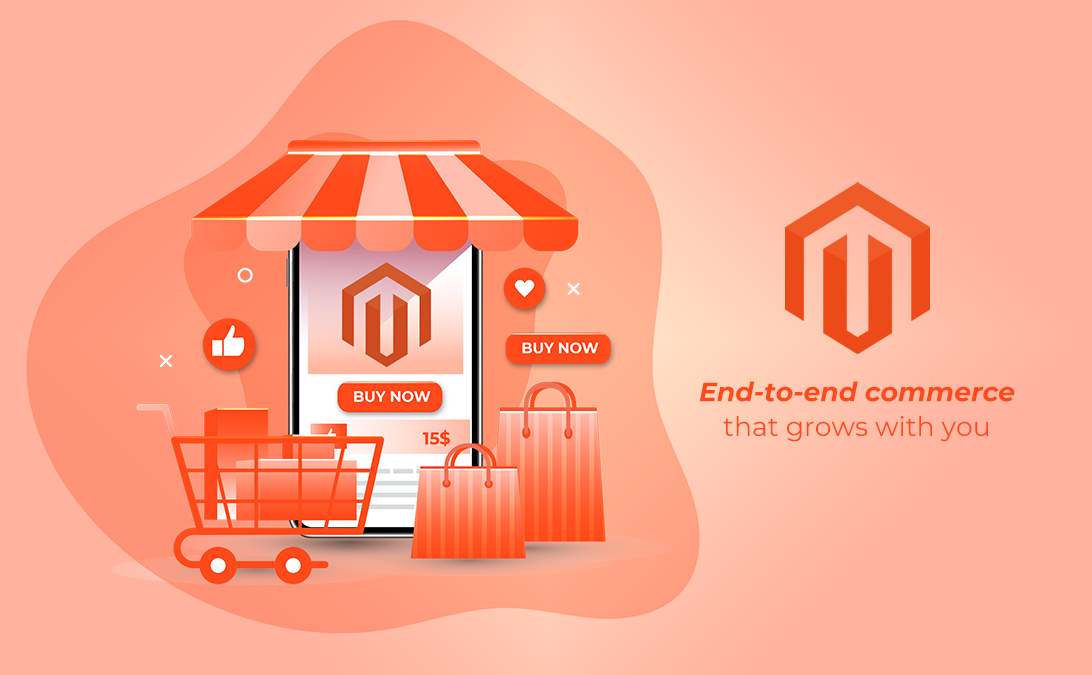Ecommerce Platforms for Small Businesses Top Picks
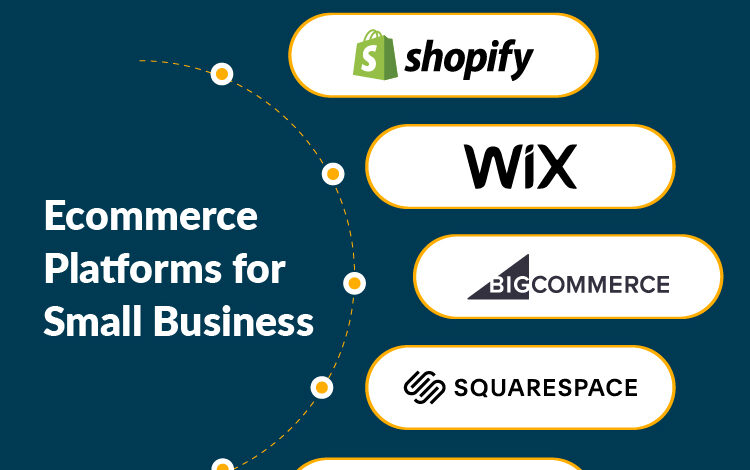
Did you know that online sales are projected to account for over 20% of total retail sales by 2025? For small businesses, this isn’t just a trend; it’s a necessity. An ecommerce platform is the foundation of any successful online store, providing the tools to showcase your products, process payments, and manage your orders.
But navigating the vast landscape of available platforms can feel overwhelming. Which one offers the right features, the best pricing, and the easiest integration for your specific needs? This article will guide you through the crucial considerations when choosing an ecommerce platform for your small business, exploring popular options, weighing the pros and cons of each, and empowering you to make an informed decision that sets your online store up for success.
Get ready to discover the perfect platform to unlock your business’s online potential!
Ecommerce Platforms for Small Businesses: Finding the Right Fit
Launching an online store can feel daunting. Thankfully, a wealth of ecommerce platforms cater specifically to small businesses. Selecting the correct option can boost sales and streamline business processes.
This guide cuts through the noise. We’ll explore popular platforms, highlight key features, and help you determine which best aligns with your unique requirements. Think of this as your roadmap to online retail success.
Ready to turn your entrepreneurial dreams into a thriving virtual storefront? Let’s dive in and uncover the platforms that will empower your small business.
Your goal is to sell goods or services online. This article will help you understand the advantages and disadvantages of several platforms.
Understanding Your Needs Before Choosing a Platform
Before you even peek at a single platform, pause. What are your precise needs? Don’t just jump at the flashiest ad. A little introspection goes a long way.
Consider your existing product catalog. How many items will you list? Do you need advanced inventory management? Are variations like size or color important to your product presentation?
Think about your technical skills. Are you comfortable tinkering with code, or do you prefer a drag-and-drop interface? Don’t bite off more than you can chew early on.
Finally, what’s your budget? Platforms range from free to hundreds of dollars per month. Factor in transaction fees too! Get clear on your limitations.
Having a concrete understanding of your business necessities before exploring platforms will streamline your search, ensuring you find a solution that truly aligns with your vision and capabilities.
Shopify: The Popular Choice for Scalability
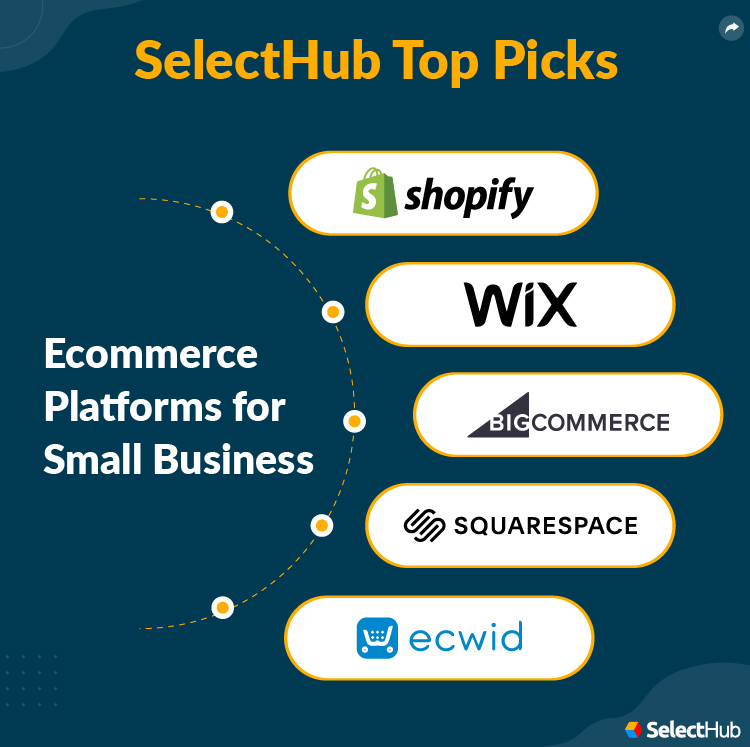
Shopify has become a household name in ecommerce, and for good reason. It provides a user-friendly interface and a comprehensive suite of tools for businesses of all sizes.
Its app store is a major advantage. Need email marketing? Want to integrate with social media? There’s likely an app for that! The ability to extend functionality is invaluable.
Shopify’s scalability is a huge draw. As your business grows, Shopify can grow with you. You won’t need to migrate to a different platform anytime soon.
While user-friendly, Shopify’s transaction fees (if not using Shopify Payments) can add up. Factor this into your cost analysis. The plans start at relatively low prices.
Shopify is a strong contender if you value ease of use, scalability, and extensive app integrations. It’s a robust solution that warrants serious consideration.
WooCommerce: WordPress Powerhouse for Customization
If you already have a WordPress website, WooCommerce is a natural choice. It’s a free plugin that transforms your site into a fully functional online store.
WooCommerce offers unparalleled customization. You have complete control over the look and feel of your store, as well as its functionality, giving you greater flexibility.
Because it’s open-source, WooCommerce boasts a large community of developers. This means abundant resources and support are readily available to you.
While free, WooCommerce often requires paid extensions for advanced features. Be sure to budget for these costs when making your decision, as they are often necessary.
WooCommerce is ideal for those comfortable with WordPress and seeking high customization and control. Its open-source nature and flexibility are powerful assets.
Squarespace: The Design-Focused Option
Squarespace distinguishes itself with its stunning templates. If visual appeal is paramount, Squarespace offers a curated selection of designs that are inherently attractive.
Squarespace is incredibly user-friendly. The drag-and-drop interface makes it simple to create a beautiful and functional online store without any coding knowledge.
It has integrated marketing tools. Squarespace offers built-in features for email marketing, social media promotion, and SEO. This makes it easy to manage your entire online presence from one platform.
Squarespace can be less flexible than other platforms. Customization options may be limited for users seeking granular control over their store’s design.
Squarespace is an excellent option for small businesses prioritizing aesthetics and ease of use. Its polished templates and user-friendly interface make it a compelling choice.
BigCommerce: Enterprise-Grade Features for Small Business
BigCommerce, while powerful, can sometimes be overlooked by smaller businesses, but it shouldn’t be. It is equipped with an array of advanced features often found in enterprise-level platforms.
It boasts strong built-in SEO capabilities. BigCommerce offers numerous SEO features like customizable URLs and meta descriptions that improve search engine visibility.
It has powerful inventory management. Tracking stock levels and managing variations is streamlined, simplifying your business operations with minimal effort.
BigCommerce can be more expensive than some other options. Evaluate whether the advanced features justify the higher cost for your specific business needs.
If you require robust SEO tools and a feature-rich platform, BigCommerce offers significant advantages. Don’t let its enterprise reputation deter you.
Wix: The Beginner-Friendly Website Builder
Wix is renowned for its simplicity and drag-and-drop interface. If you’re new to website building and want a visual approach, Wix is a solid starting point.
Wix offers a wide variety of templates, catering to various industries. Find a design that closely matches your brand and then customize it with ease.
Wix is beginner-friendly, and does not require code. It allows you to create a website without needing to learn coding. Perfect for anyone who wants to get straight to business.
While Wix is easy to use, its ecommerce capabilities aren’t as extensive as dedicated platforms like Shopify. It can lack certain advanced functionalities.
For those prioritizing ease of use and a visual design experience, Wix is a great option. Just consider its limitations if you anticipate needing advanced ecommerce features later on.
Cost Comparison and Choosing the Right Plan
Carefully consider the costs associated with each platform. Compare monthly fees, transaction fees, and app or extension expenses. Create a spreadsheet to get a clear view.
Don’t just look at the base prices. Pay attention to transaction fees and extra charges. Some platforms waive these fees if you use their payment gateway.
Review the features included in each plan level. Ensure that the plan you choose offers the functionality you need. Don’t overpay for features you won’t use!
Consider your long-term growth plans. Choosing a scalable platform avoids costly migrations later. Think strategically about where your business is headed.
By thoroughly analyzing the costs and features of each platform, you can make an informed decision. Choose a plan that aligns with your current needs and future aspirations.
Essential Features for Small Business Ecommerce
Certain features are vital to small business success in ecommerce. Prioritize platforms that offer these essential capabilities for a smooth user experience.
Secure payment gateways, such as Stripe or PayPal, are a must. Customers need confidence that their financial information is protected. Invest in a reputable service.
Mobile responsiveness is non-negotiable. A large percentage of online shopping happens on mobile devices. Ensure your store looks great on any screen size.
Inventory management is crucial for preventing overselling. Track your stock levels accurately to avoid disappointing customers with out-of-stock items. Be precise.
Finally, look for robust customer support. Quick and helpful assistance is essential when technical issues arise. Good support can save you valuable time and money.
By ensuring your chosen platform offers these key features, you lay the groundwork for a successful and customer-centric online shopping experience.
Tips for Optimizing Your Ecommerce Store for Conversions
Once your store is launched, focus on optimizing it for conversions. Small tweaks can have a significant impact on your sales figures. Always look to optimize more.
High-quality product photos are essential. Showcase your items in the best possible light with clear, well-lit images. This builds trust and encourages purchases.
Write compelling product descriptions. Highlight the benefits of your products, not just the features. Explain how they solve customer problems and what makes them unique.
Offer free shipping or reasonable shipping rates. High shipping costs are a major deterrent for online shoppers. Explore different shipping options.
Make sure you have a clear return policy. A transparent return policy builds trust. This way customers are more likely to feel comfortable making a purchase.
By implementing these simple yet effective strategies, you can dramatically improve your store’s conversion rates and boost your bottom line.

